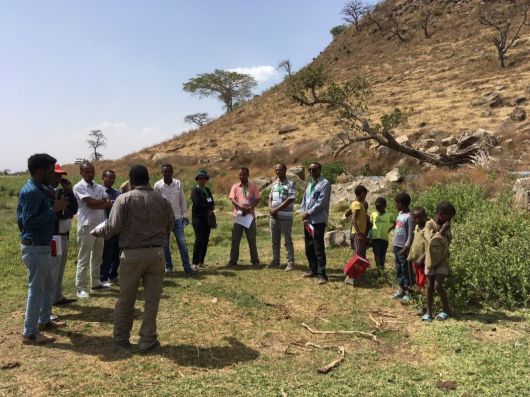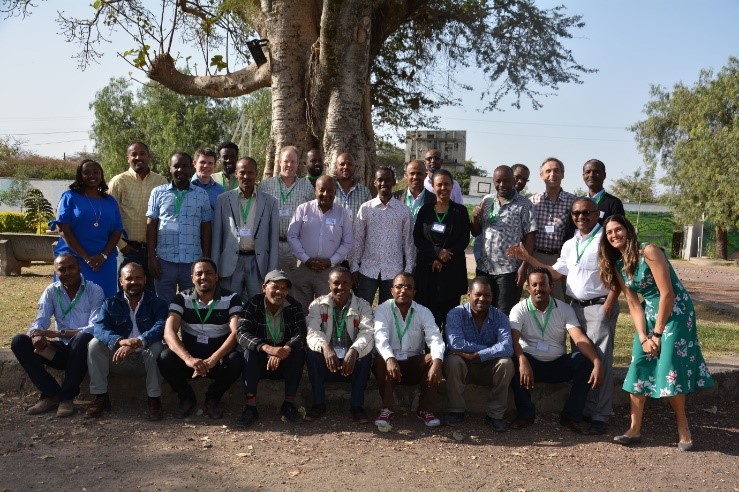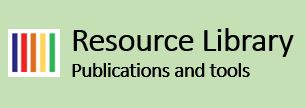14/03/2019 - Mutual Gains Approach

Mutual Gains Approach as a negotiation tool for Ecosystem Resilience and Sustainable Livelihoods
The productivity and sustainability of natural systems, including wetlands, is increasingly being challenged by a multitude of natural and anthropogenically-induced changes and rising hazards: extreme weather, growing frequency of droughts, floods and fires, crop failures and so forth. These changes, coupled with inappropriate development interventions, rising demographic changes, resource competitions, and misguided policies are increasingly threatening the productivity and sustainability of fragile ecosystems and worsening the livelihoods and food and nutrition security situations of millions of natural resource dependent people around the World.
In spite of these growing challenges, existing interventions fall short of addressing the underlying drivers of vulnerability and degradation wetlands and other fragile ecosystems. Multiple and competing resource-use interests are further aggravating the degradation of those critical ecosystems. Conventional approaches for addressing equity and sustainability concerns in the management and sustainable utilisation of critical ecosystems such as wetlands, fail to achieve and maintain stakeholder consensus on long lasting agreements that maximize joint gains for all stakeholders.
A training on the Mutual Gains Approach was organised in Ethiopia for Wetland International/ Partners for Resilience Ethiopia Staff and for its Government, NGO, private sector and community partners. The training was organised in Hawassa town in the Central Rift Valley of Ethiopia from 21-27 January 2019. The week-long intensive training was facilitated by experienced faculty members of the Sustainability Challenge Foundation (SCF) based on their successful “Regional Programme on the Management of Sustainability’ in collaboration with Wetland International’s Global Office, East African Regional Office and the Ethiopian National Office.
Mutual Gains Approach (MGA) is a negotiation approach which helps to ensure the transparency, credibility and ultimate acceptability of decisions through the proactive involvement of all stakeholders to create and distribute value through objectively set and agreed criteria. The focus of this approach is on building trusted relationships and meeting stakeholders interests in a just and amicable way.
The overall objective of this MCA training was to improve the negotiation skills of participants in order to strategically work with multiple types of stakeholders with a view to facilitating and managing complex wetlands resource-based negotiations to ensure the protection, restoration and sustainable management of critical ecosystems for the benefit of people and nature. Thematically, the MGA training included discussions and practical case-based negotiation exercises on conflict resolution in relation to sustainability, stakeholder assessment, joint fact finding, process design, consensus building process, tools, techniques and basic facilitation skills. Besides, part of the training was spend on simulations, including group and individual feed-back, clinical cases and a short field trip to Chileleka wetland in Hawassa Zuruia Woreda.
A total of 23 participants drawn from the PfR country team, local implementing partners, allies CSOs/networks, private sector and relevant government offices at regional, basin and national levels attended the training. Towards the end of the training, participants developed cases to demonstrate implementation of the MGA approach in their own respective contexts. Experiences/ lessons drawn from this training will be shared to other PfR countries in Africa and Asia and Latin America.
At the end of the training, participants were asked to rate the training (organisation, material and content) and facilitators of the MGA training. The evaluation matrix indicated a high level of satisfaction among participants (4.5 in a 5-point scale) both in terms of the relevance of the context and the quality of facilitation. This demonstrates the high value and timeliness of the MGA training to resolving multiple resource-based conflicts in a fair and sustainable way.






